The introduction of Venice's tourist tax has sparked widespread discussion since its implementation last month. With revenues exceeding expectations, city officials have hailed the measure as a success, but the crucial question remains: how are visitors reacting to this new charge?
Venice's mayor Luigi Brugnaro recently announced that the first month of the tourist tax collection generated €3.7 million, surpassing initial projections by nearly 20%. This experimental day-tripper fee, ranging from €3 to €10 depending on seasonality, applies to visitors who don't stay overnight in the historic center. The funds are earmarked for maintaining the fragile lagoon city's infrastructure and managing overtourism.
Mixed reactions emerge from tourists
At major entry points like Santa Lucia train station and Piazzale Roma, visitors displayed varying attitudes toward the new charge. American couple Mark and Susan Richardson, visiting for the day from Florence, told our correspondent: "We knew about it beforehand from travel blogs. It's a small price to pay if it helps preserve Venice for future generations." Many Asian tourists we interviewed appeared less concerned about the fee amount than about the registration process, with several complaining about confusing signage at ticket kiosks.
However, not all responses were positive. A group of German students expressed frustration: "We're already paying so much just to get here - vaporetto tickets, museum entries, expensive food. This feels like just another way to squeeze tourists." Local business owners report hearing similar complaints, particularly from budget-conscious backpackers and families.
Implementation challenges persist
While the financial results look promising, operational hurdles remain. Several tourists reported not being checked for proof of payment during their visit, raising questions about enforcement. "We bought our passes online but nobody asked to see them all day," said French tourist Élodie Marchand. This observation aligns with reports from Venetian residents who claim to have seen few inspectors conducting random checks.
The city's tourism council acknowledges these teething problems. Council member Carla Zanetto explained: "We're focusing first on education rather than punishment. The initial phase is about making people aware of the system." She noted that stricter enforcement with spot fines would begin in the coming months once the program becomes more established.
Economic impact under scrutiny
Early data suggests the tax hasn't deterred visitor numbers - daily arrivals remain consistent with pre-tax figures from last year. However, some merchants in less touristy neighborhoods report slight declines in foot traffic. "The day-trippers who used to wander over to Cannaregio seem to be staying closer to San Marco now that they've paid to be here," observed bookstore owner Matteo Fabbri.
Conversely, hoteliers report increased interest in overnight stays, as registered guests are exempt from the day-tripper fee. "We've seen a 15% rise in one-night bookings compared to last April," noted Giovanna Rossi, manager of a three-star hotel near Rialto. This unintended consequence could actually help spread tourism income more evenly across Venice's economy.
Cultural preservation vs. accessibility
The debate touches on deeper questions about Venice's identity. Proponents argue the tax creates a more sustainable tourism model. "Visitors who value Venice will understand this small contribution," stated art historian Professor Enrico Moretti. "We're not Disneyland - maintaining a living city requires resources."
Critics, including some UNESCO representatives, worry the fee creates a two-tier system favoring wealthier travelers. "Cultural heritage should be accessible," argued tourism researcher Dr. Sofia Conti. "There's a risk of turning historic cities into exclusive playgrounds."
As Venice monitors these first results, other overtouristed destinations are watching closely. Barcelona, Dubrovnik and Amsterdam have all expressed interest in Venice's experiment. The coming months will reveal whether the financial benefits outweigh any negative impacts on visitor experience and the city's reputation as a welcoming destination.
For now, the tax appears here to stay. The city council has already approved extending the trial through December, with plans to analyze comprehensive data on its economic and behavioral effects after the peak summer season. As Marco Polo Airport prepares for its busiest months, all eyes remain on whether this bold experiment can balance preservation with accessibility in one of the world's most fragile and beloved cities.
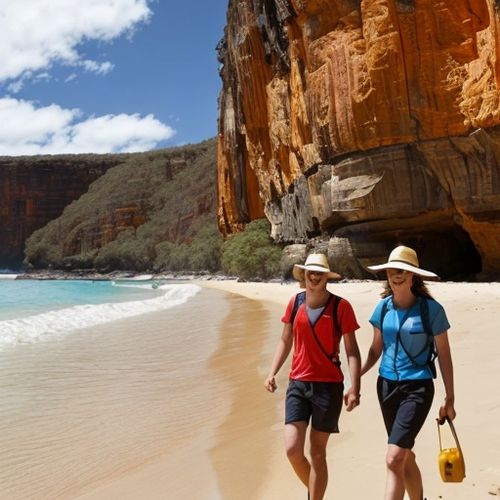
By Lily Simpson/Apr 7, 2025
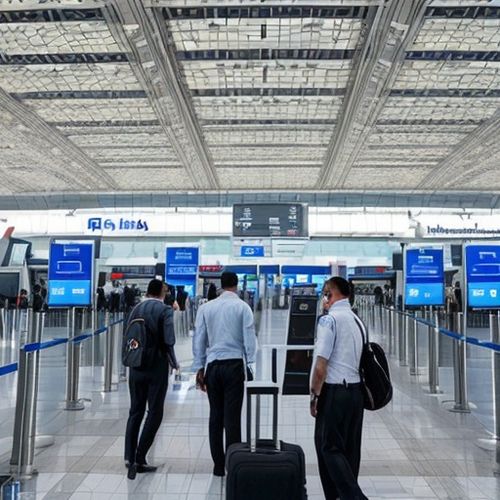
By Samuel Cooper/Apr 7, 2025

By Rebecca Stewart/Apr 7, 2025

By Sarah Davis/Apr 7, 2025

By Rebecca Stewart/Apr 7, 2025
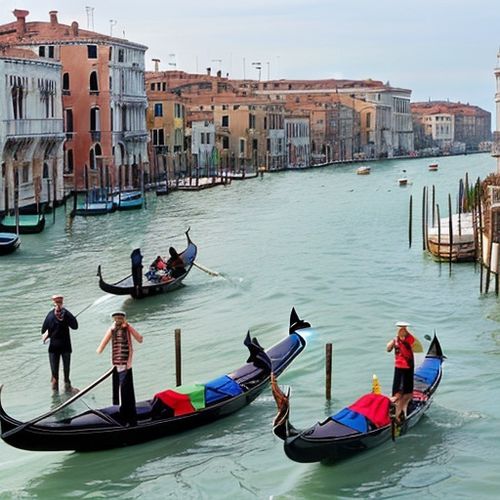
By Amanda Phillips/Apr 7, 2025

By Natalie Campbell/Apr 7, 2025

By Jessica Lee/Apr 7, 2025

By Thomas Roberts/Apr 7, 2025

By Daniel Scott/Apr 7, 2025
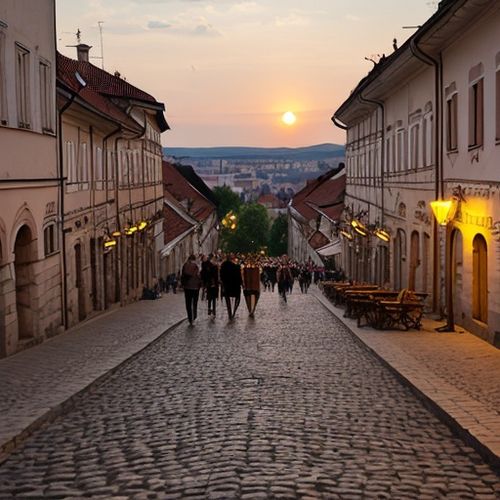
By Emily Johnson/Apr 7, 2025

By Victoria Gonzalez/Apr 7, 2025
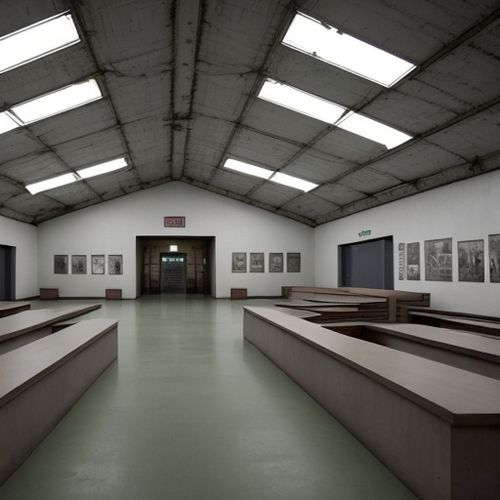
By George Bailey/Apr 7, 2025

By Rebecca Stewart/Apr 7, 2025

By Elizabeth Taylor/Apr 7, 2025

By Thomas Roberts/Apr 7, 2025
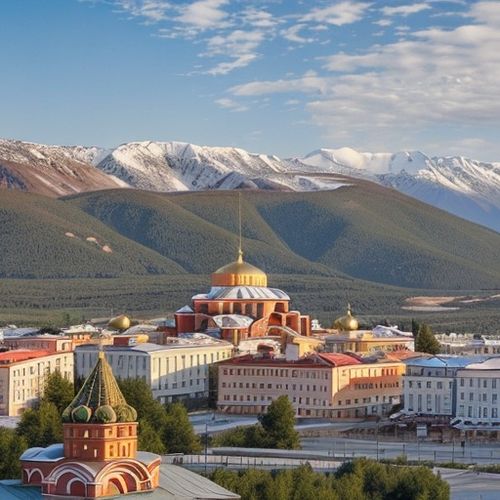
By Lily Simpson/Apr 7, 2025